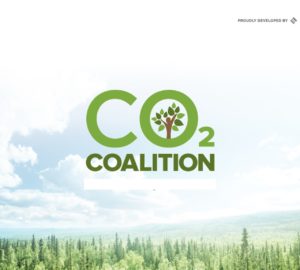Lindzen, Happer & CO2 Coalition Comment on the CFTC Climate-Related Financial Risk
On August 8, 2022, Richard Lindzen, William Happer and the CO2 Coalition submitted comments to the Commodity Futures Trading Commission on climate-related financial risk.
Read the entire comment here: Happer Lindzen CO2C CFTC 8-7-22d
Our conclusion states:
In our scientific opinion as career scientists, there is no scientific basis for the CFTC inquiry. Real science demonstrates there is no climate emergency and there are no climate-related financial or other risks caused by fossil fuels and CO2.
Frankly, the “science” cited to support of the CFTC inquiry and possible action is merely government opinion by the Intergovernmental Panel on Climate Change (IPCC) and the U.S. Global Climate Research Program (USGCRP), which is not science and as the Lysenko experience chillingly underscores, cannot be used as the scientific basis for any CFTC or other government action.
Moreover, there will be a disastrous transition risk for the poor, people worldwide, future generations and the country by reducing fossil fuel use and CO2 emissions to “net zero.” Contrary to what is commonly reported, CO2 is essential to life on earth. Without CO2, there would be no photosynthesis, and thus no plant food. Reducing CO2 will reduce the amount of food available for the poor and people worldwide.
And, without fossil fuels there will be no low-cost energy worldwide and less CO2 for photosynthesis making food.
Thus, with all due respect, the Commission should not adopt any guidance, interpretations, policy statements, or regulations, or take other action on the disastrous assumption under the name of science there is a climate-related financial or any other risk caused by fossil fuels and CO2. If any such action is taken, it should be ruled invalid by the courts.

